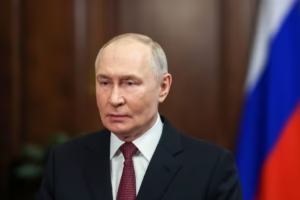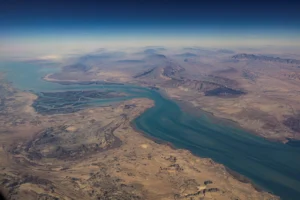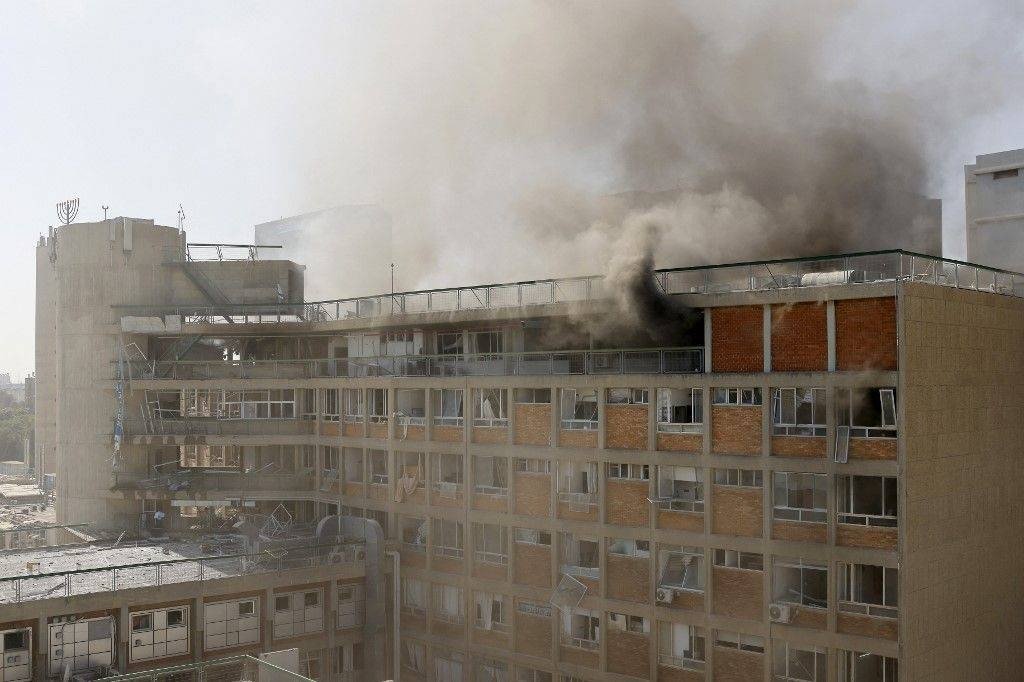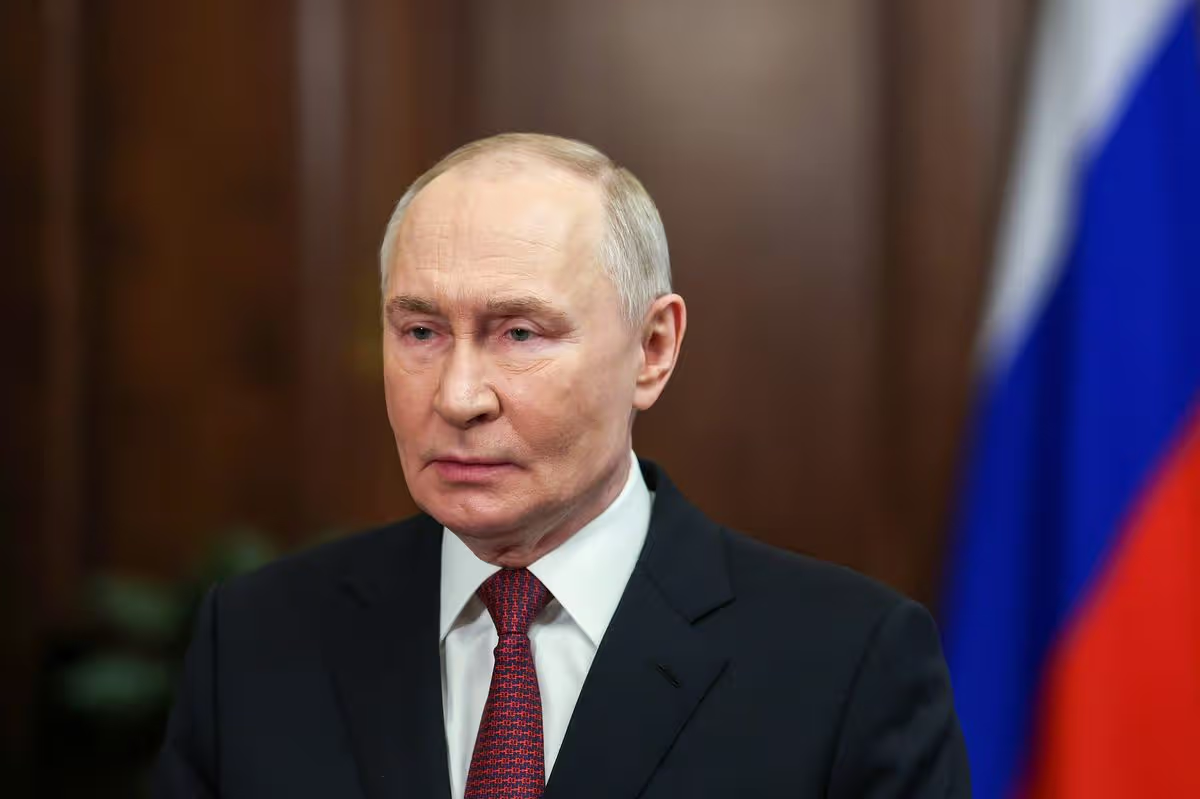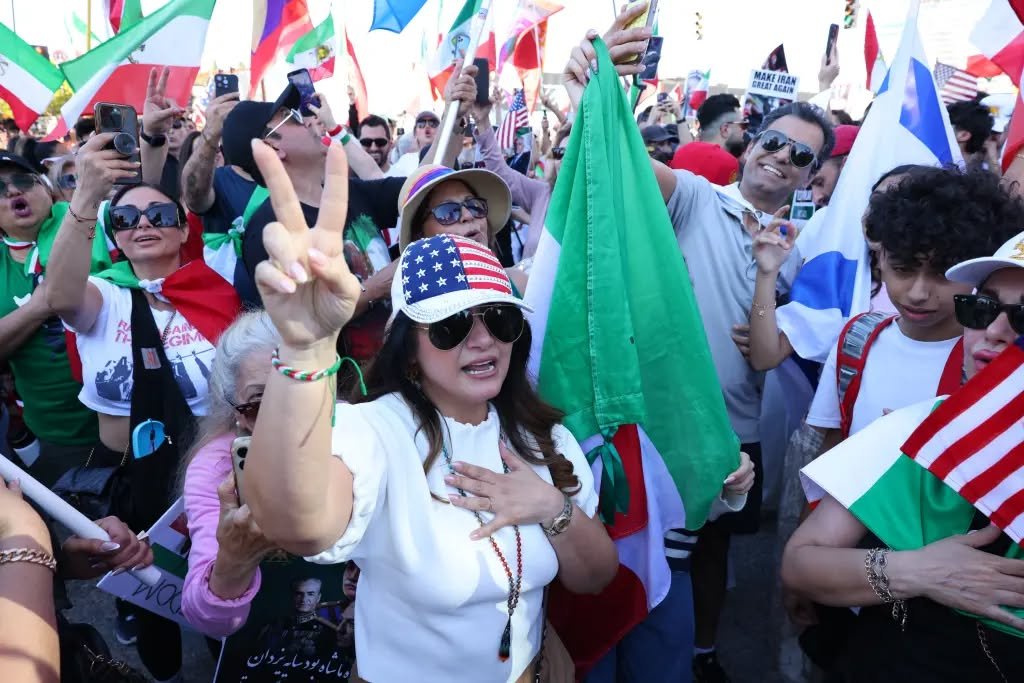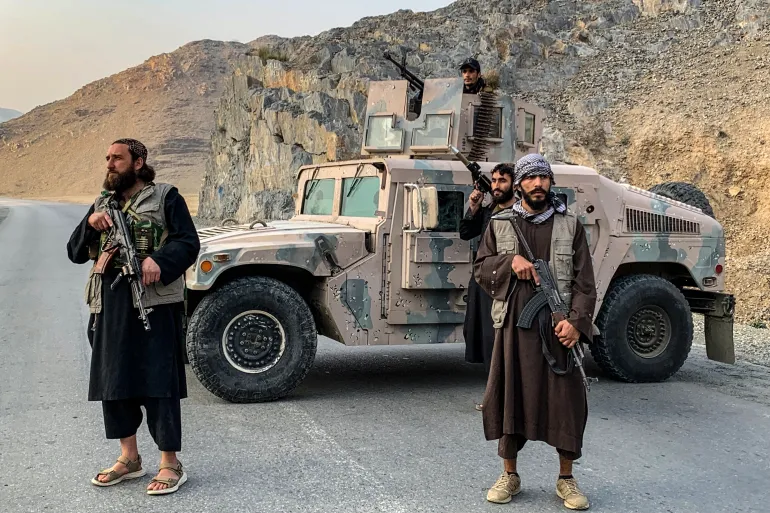Tensions are rising again in the Middle East following a recent U.S. attack that has further deepened the ongoing Iran-Israel conflict. Experts fear that this move could trigger a new wave of violence and instability across the region, affecting not only political powers but also the lives of everyday people in multiple countries.
The conflict between Iran and Israel has been building for months, with both nations showing their military strength. Iran has been emphasizing its regional influence and military capabilities, while Israel has warned of possible actions if it feels threatened. Now, with the U.S. stepping directly into the conflict, the situation has entered a new and more dangerous phase.
Support from the U.S. to Israel has already begun to affect the wider region. Iran sees this support as a direct threat. Local communities are feeling the pressure, especially in areas close to conflict zones. Life in these parts of the Middle East has become more uncertain, with growing fears of attacks and economic hardships.
Many in the region are asking whether this crisis could spread even further. Economists warn that the impact won’t remain limited to Iran and Israel. The whole Middle East may face serious social and economic consequences. Jobs, food prices, security, and daily life could all be affected. In some areas, these effects are already visible.
Israel has issued warnings that it will defend its interests and will not hesitate to act against perceived threats. According to military sources, the U.S. currently has over 400 military personnel stationed in the Middle East, spread across 19 bases. Israel considers all of them part of the current conflict. This raises concerns about a wider military clash, not just between Iran and Israel, but also involving American forces.
Iran’s position is firm. The country has repeatedly condemned U.S. involvement and sees Washington’s support for Israel as hostile. Iran believes this move could upset the balance of power in the region. There are fears that any further action by the U.S. or Israel might provoke direct retaliation from Iran or its allies.
This situation could also pull in global powers like Russia and China. Both nations have had close ties with Iran. If either country decides to openly back Iran in this conflict, the tension could grow beyond the Middle East. Russia, in particular, may choose to challenge U.S. actions in the United Nations or support Iran more openly on the ground. China may do the same through diplomatic channels or economic support.
If this conflict spreads further, it could lead to a much larger global crisis. Political analysts say that the worst-case scenario would involve a chain of military responses across the world. It could impact international trade, oil prices, and security in many countries far from the Middle East.
The role of the United Nations now becomes more important than ever. Iran has already called for an emergency session at the UN Security Council. What happens at this meeting will be key to understanding whether diplomacy can still prevent the crisis from getting worse. A peaceful solution would benefit not just the countries directly involved, but the entire world.
Some global leaders are calling for calm and urging all sides to step back from violence. However, until a clear agreement is reached, fear and uncertainty will continue to grow. Everyone from politicians to ordinary citizens is watching closely, hoping the situation does not turn into a full-scale war.

